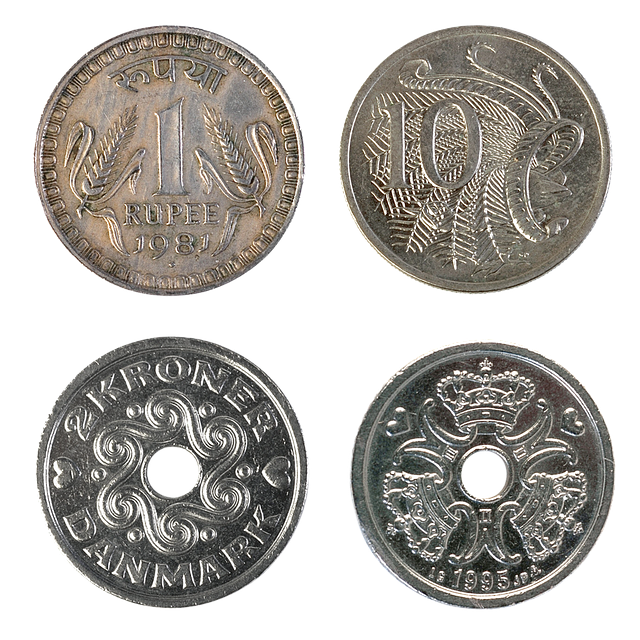Car title loans provide an alternative financing option, focusing on vehicle equity and repayment capacity rather than strict credit scores. Ideal for those with bad or no credit, they offer same-day funding via a simple online application. While not requiring impeccable credit, having a strong history can improve loan terms. However, there are alternatives like traditional bank loans and community financial aid programs with different requirements, encouraging borrowers to explore informed decisions beyond immediate cash needs.
Car title loans have gained popularity as a quick financial solution, but their strictest requirement—the credit score—may be misleading. While lenders often emphasize the need for good credit, these short-term loans are less reliant on traditional credit scores than advertised. This article, “Car Title Loan Credit Score Requirements May Be Misleading,” explores the true nature of car title loan eligibility and debunks the myth of credit score dominance. We also consider alternatives and their drawbacks to help borrowers make informed decisions.
- Understanding Car Title Loan Requirements
- The Myth of Credit Score Dependence
- Alternatives and Their Drawbacks
Understanding Car Title Loan Requirements

Car title loan credit score requirements often get a bad rap for being overly stringent, but it’s essential to understand that these loans are secured by your vehicle, not your credit history. Lenders primarily focus on assessing the value of your car and your ability to repay the loan based on your income and the car’s condition, rather than solely relying on your FICO score. This makes car title loans an attractive option for individuals with bad credit or no credit who need Same Day Funding.
Unlike traditional loans, Bad Credit Loans backed by car titles don’t require a perfect credit score. In fact, many lenders cater specifically to those with less-than-ideal credit. The Online Application process is straightforward and often takes just minutes to complete. By understanding these requirements and taking advantage of the benefits, borrowers can access much-needed funds quickly without facing additional hurdles due to their credit score.
The Myth of Credit Score Dependence

Many people believe that securing a car title loan is impossible unless they have an impeccable credit score. This perception is largely a myth perpetuated by the general misunderstanding of how car title loan credit score requirements work. Lenders who offer Dallas Title Loans, for instance, don’t solely rely on traditional credit scores to determine loan eligibility. Instead, they consider the value and condition of the borrower’s vehicle as primary collateral.
While a good credit score can increase your chances of securing favorable loan terms, it is not an indispensable factor. In fact, many lenders specializing in title loans focus more on the equity in your vehicle than on your credit history. This means that even if you’ve experienced financial setbacks or have a less-than-perfect credit rating, you could still be eligible for a loan using your vehicle as collateral, providing a better alternative to traditional loans that rely heavily on credit score requirements.
Alternatives and Their Drawbacks

While car title loan credit score requirements may seem like the only path to emergency funding, there are alternatives worth exploring. These options often present their own drawbacks, but understanding them can help borrowers make informed decisions. One alternative is building or repairing one’s credit history through traditional loans or credit cards from banks or reputable lenders in Fort Worth Loans. This approach requires good faith payments and on-time repayment to establish or improve a credit score, which can be time-consuming but offers long-term benefits beyond a single loan.
Another option is seeking support from community organizations or non-profit financial aid programs that offer grants or low-interest loans for emergency funding. These programs often have less stringent Loan Requirements compared to title loans and do not rely on credit scores as the primary factor for approval. However, availability may vary, and eligibility criteria differ, so it’s crucial to research and reach out to local organizations in your area to determine if these alternatives are feasible.
While car title loan advertisers often highlight strict credit score requirements, the reality is that these loans may be accessible to more borrowers than initially thought. By understanding alternative assessment methods and considering the drawbacks of traditional credit scoring, individuals can make informed decisions regarding short-term automotive financing options. Remember, exploring diverse financial tools is key to finding the best solution for your needs without being misled by superficial credit score dependencies.






